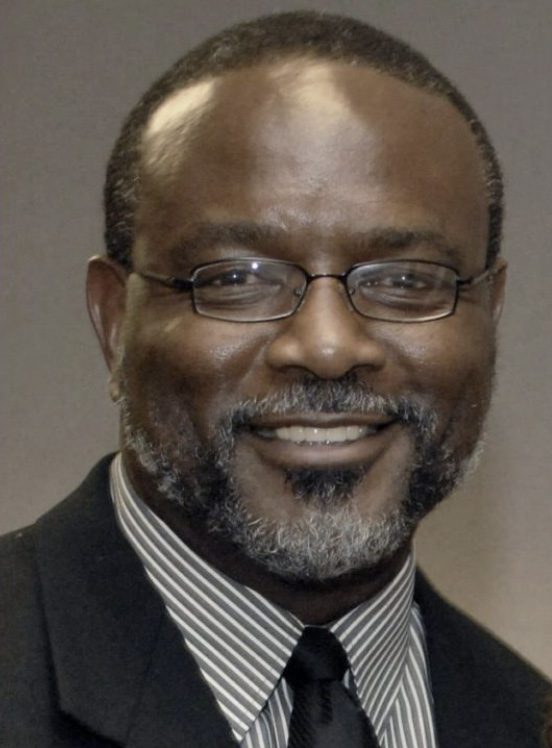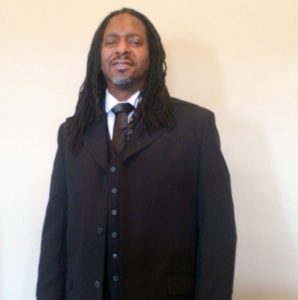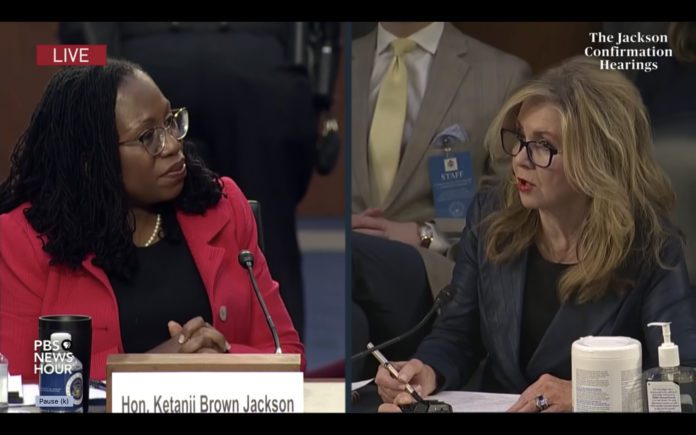
On April 7, Judge Ketanji Brown Jackson was confirmed to the Supreme Court in a 53-to-47 vote, with all 50 members of the Democratic caucus supporting her nomination along with three Republicans.
Many observers, however, were shocked at the level or the depths Republicans went to discredit her. She nevertheless endured and will now be the first African-American woman to serve as a jurist on the highest court in the land.
I reached out to one of my colleagues, Dr. Kirkland Hamilton, a social studies teacher at KIPP Memphis Collegiate High School in Memphis, to get his take on these historic moments in our nation’s history. He allowed his students to watch the hearings during class time and was able to collect real-time feedback.

Dr. Hamilton said their reactions mostly were critical of the way Judge Jackson was questioned.
When Judge Jackson takes her seat on the bench, she will be the first Black woman to serve as a Supreme Court justice, replacing Justice Stephen G. Breyer, one of the 108 white men who preceded her.
Judge Jackson’s confirmation is historic.
During the confirmation hearings, there were no surprises. The Republicans made it all about race, the Democrats about change and representation.
The hearings yet again provided educators at both the secondary and post-secondary levels with droves of additional material to use when teaching about the Supreme Court, the American justice system, and the judges that dictate our faith.
I posed these questions to Dr. Hamilton about his students’ reactions to what they were hearing and seeing. Here was his response:
Curtis Weathers: What were some of the reactions from your students about the process and, in particular, the questions being asked of Judge Ketanji Brown Jackson?
Dr. Hamilton: “Most thought the process had moments of civility, but those moments were overshadowed by the attacks and disrespectful treatment of Judge Jackson. The students thought some of the questions had nothing to do with her desire to be a Supreme Court justice.”
Weathers: Did they pick up on the racism or sexism present during the confirmation hearing, particularly the racism?
Dr. Hamilton: “Yes, they did think racism played a part in the questioning and treatment, but some actually stated, ‘a man would not have been treated that way.’”
Weathers: What were some of the comments from the students about what they observed?
Dr. Hamilton:
Why are they talking to her like that?
Do all nominees get treated like this?
Is it because she is Black or a woman?
Do white nominees get treated like this?
Are they seriously asking her that?
Weathers: Do any students in your class have aspirations of being attorneys or judges?
Dr. Hamilton: “Some had expressed aspirations of being paralegals and attorneys. And now they realize they can even dream of being Supreme Court jurists as well.”
Weathers: In your opinion, do they have more or less faith in our system for choosing Supreme Court Justices?
Dr. Hamilton: “It is kind of a mixed bag, but I would have to lean slightly towards the less faith column. Some students understood the process as a normal judicial procedure, but for many students, this was a learning experience about how Supreme Court judges get their positions.
“Most saw the system as broken while others stated things will have to change because the judges will not be around forever.”
There is so much to learn about this process and the journey Black people have endured getting to this point in our nation’s history.
I remember growing up as a young boy and being asked the question, ‘What do you want to be when you grow up?’ I always dwell more on what I couldn’t be than what I could. Growing up during the 60s in America, particularly here in the South, a child’s aspirational dreams were constantly interrupted by the images of racial hatred and vitriol.
But I thank God for the teachers and civil rights leaders of that time, Dr. Martin Luther King Jr., the Rev. Jesse Jackson and many others, who dared us to dream and visualize a different kind of America.
An America where a Black man can indeed serve as our nation’s president, a Black woman as vice president, and two African Americans (a Black man and a Black woman), can serve as jurists on the highest court in the land.
This historic time in our nation’s history reminds me of Barack Obama’s presidential campaign slogan, “Yes We Can!”
The confirmation of Judge Ketanji Brown Jackson to the Supreme Court is yet another affirmation of the significance of those three words.
Yes, You Can be the first African American president of the most powerful nation on the planet.
Yes, You Can be the first Black female vice president of the United States of America.
Yes, You Can be the first Black female jurist on the highest court in the land, the Supreme Court of the United States of America!
So, congratulations, Judge Ketanji Brown Jackson, and thank you for being such a superb role model for all of us, especially our children.
While the process is certainly not perfect, representation on the United States Supreme Court will now look a lot more like the nation it serves, and we as a people should be forever grateful.
(Follow TSD education columnist Curtis Weathers on Twitter (@curtisweathers); email: [email protected].)




